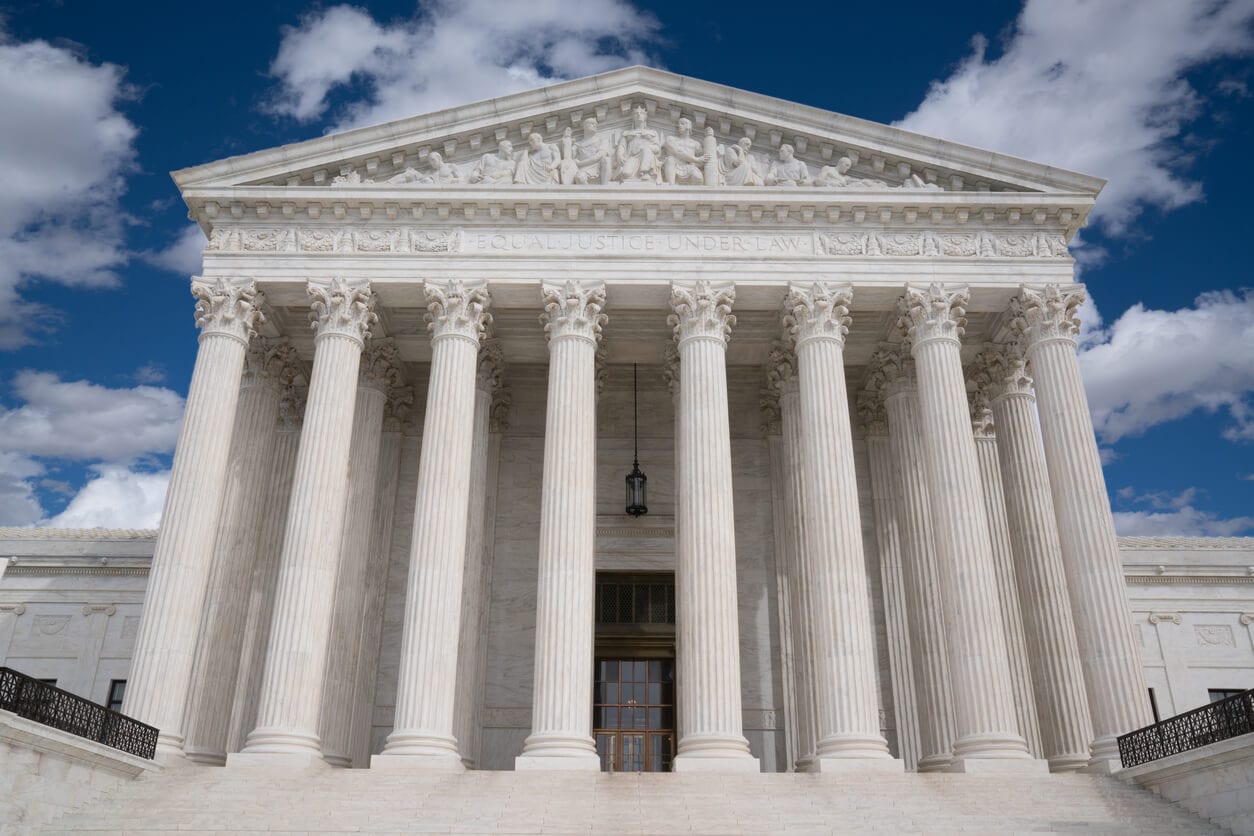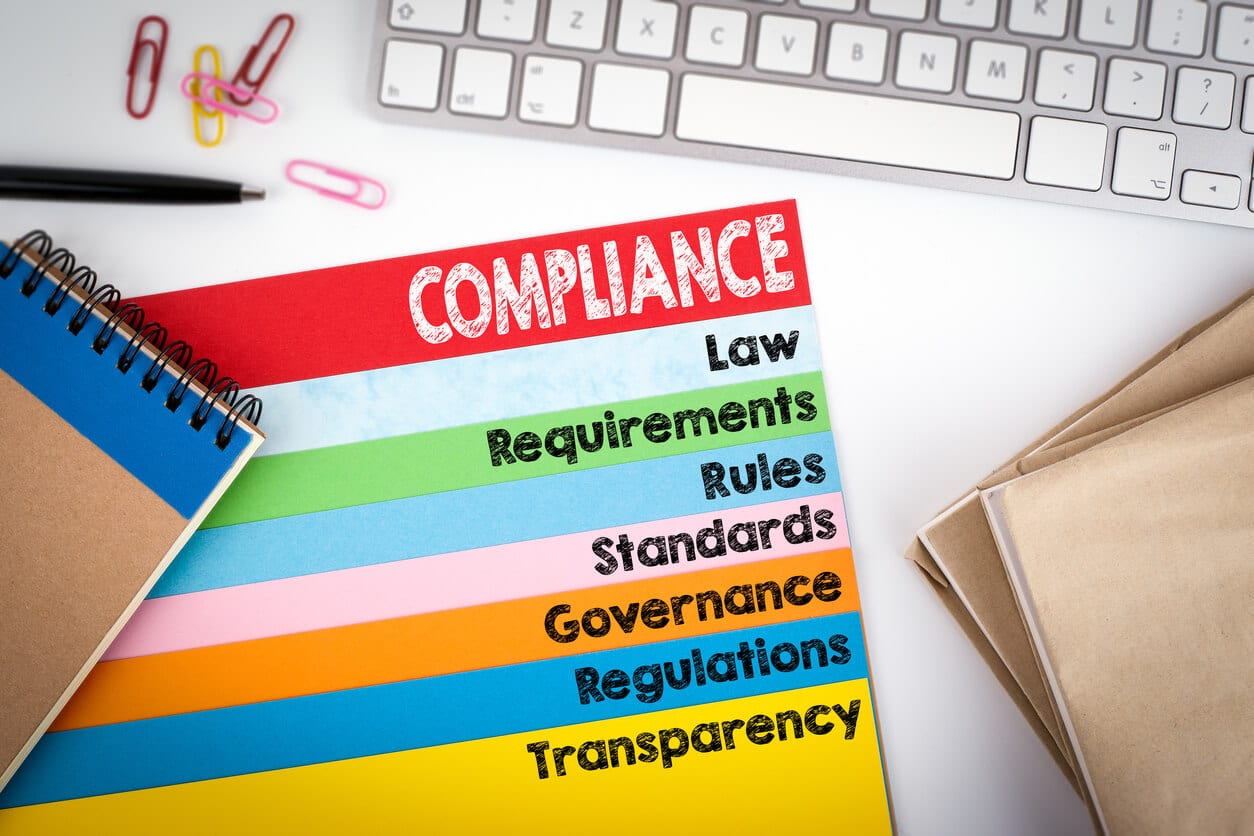States are beginning to take the driver’s seat in taxing e-commerce. The states received this power in the so-called Wayfair decision, on which we have blogged extensively in a former blog. Now, however, Gavrilov & Co feels you need to know how the states are reacting to the changes. It’s a new world of taxation for many states. Now a state can tax a business whether its showroom is physically brick and mortar or virtually digital on a consumer’s computer screen.
A Short History for States and Remote Sellers: Putting the Wayfair Effect on a Timeline

Companies who have never paid sales taxes across the borders of various states will be surprised. And it may be in a bad way, if they do not know about the Wayfair Effect. The Backstory of South Dakota, Wayfair and the Repeal of the Quill Decision has a complex history. But in brief, here’s what has happened. Let’s review a little about the situation. (To get more details, please read our previous blog on this big tax news event.)
1. In 2016, South Dakota challenged the Supreme Court’s 1992 Quill decision with landmark legislation. (You see, Quill barred states from requiring sales tax collection from sellers with no physical presence in the state.)
2. But the South Dakota legislation demanded payment from companies who were doing big business by Internet.
3. Last fall, “the South Dakota Supreme Court ruled the new S.D. legislation was unconstitutional. This allowed the state of South Dakota to petition the case to be heard by the U.S. Supreme Court.”
4. Then, last month, the U.S. Supreme Court overturned the original Quill decision. And that’s how states newly received the right to tax Internet companies which sell across state lines.
The Uptick: The States Benefit from Your Nexus of Business
In other words, according to the Wayfair ruling, a business need no longer have a physical presence in a state in order for that state “to impose sales and use tax on a remote seller. This decision impacts nexus, and therefore impacts tax compliance for any organization operating across state borders.”
Gavrilov & Co wants you to clearly understand that this new ruling will effect e-commerce, Internet retailers, and all remote sellers. Yes, this includes phone order companies too.
To put it clearly, an Internet business creates the same kind of “nexus” as a business with buildings or sales representatives in a given state.
Impact of the Supreme Court Decision: The South Dakota Example
In a landmark plan, South Dakota’s economic nexus standard requires a standard which will be an exemplar for other states who feel newly empowered to legislate taxation on internet vendors that cross state lines.
1. A business must collect South Dakota sales and use tax if they make annual sales of $100,000 or more in South Dakota.
2. Likewise, businesses from other states must collect the South Dakota tax if they have 200 or more separate transactions in South Dakota.
Gavrilov & Co warns web retailers: Be aware. Many states are creating these new standards for state tax compliance. For example, North Dakota recently announced a similar standard that will go into effect this fall. Plus, you will soon hear of other states who are creating “similar economic nexus legislation.”
The Next Chapter: The Post-Wayfair Saga for States and Remote Sellers

We know the new legislation will soon be in action. And we are aware many remote sellers will have to make operational changes in order to comply.
- However, do not panic and start collecting or registering with multiple states too soon.
- If you suspect your online business might qualify for taxation in different states, here’s what to do:
First Step: A Sales Review of States and Thresholds for Your Online Business
“Review your sales by state to understand which states you’re doing business in and what your current thresholds are.”
Likewise, experts declare that you must evaluate “sales volume by dollar and transaction (invoice) count.” And they add, “This test is based on GROSS sales, not TAXABLE sales.”
And we simply add that at the very least, your company should start collating this information.
Second Step: Creating The Nexus Review
A Nexus review will show you the states and various jurisdictions where you are transacting business. This in turn will lead you to filing requirements at various jurisdictions and eventual compliance.
Third Step: Obtaining professional Advice
Discuss the future of your online business with your tax adviser. You might discover that the goods or services you sell are not taxable in certain states.” So, if you have nexus, “but if your goods/services are exempt, registration may not be necessary.”
For example, in the state of New York the sale of U.S. flags and New York State flags are exempt.
If you are not exempt, your tax adviser might discuss how you can cope with the paper work behind collecting the new sales taxes. And if you are below the threshold, they will decide how you can keep track of dates and monitor business to make sure you stay there. They might even advise you on new software to assist you in this endeavor.
For our clients, Gavrilov & Co is committed to monitoring the states for updates on this matter.
- For example, the legislature in Connecticut has set the threshold at $250,000 for a year’s worth of Internet business. We invite you to check out their newest laws.
- Experts at The Sales Tax Institute report that Massachusetts already had laws set into place. And they use “cookies,” to keep track of Internet sales in the state. Several stated in fact, they already had laws in place or previously planned to cover taxation of online sellers.
Examples of States In and Out of Flux about Laws for Remote Sellers

The Sales Tax Institute reports “Kentucky announced that they believe their statute meets the requirements under the Wayfair decision. Oklahoma has yet to release a notice about any changes to their effective date. Vermont announced that their legislation set the effective date as the 1st day of the quarter after a controlling court decision or federal legislation abrogates the physical presence requirement of Quill…” which was July 1, 2018.
Check out the current status of many other online seller state tax laws for remote sellers, on a convenient chart from the State Sales Tax Institute.
New York Prepared for Remote Sellers with the Amazon Law
Back in the year 2008, the New York legislature created special tax rules for “larger Internet retailers with no physical presence in the state…” Thus, they were empowered to collect and pay New York’s sales tax. Put simply, the legislation meant “an out-of-state retailer must collect sales tax from New York customers if that retailer…”
1. “…has an agreement with a business or seller located in New York to pay for customer referrals obtained via a link on the New York seller’s website (a click-through arrangement), and

the out-of-state seller’s gross receipts from these directed sales to New York customers exceeds $10,000 during the preceding 12 months.”
However, this does not mean that the New York legislature won’t be reviewing the taxation of remote sellers in the future.
Remember, the Wayfair decision has changed the ins and outs of online selling forever. Again we advise remote sellers to consult with their tax accountants before assuming they are in compliance. Gavrilov & Co Accounting and Tax Services will keep you posted on the vital developments in this ongoing state tax issue. As usual, we thank you for reading our blog and wish you, “Happy Compliance.”

